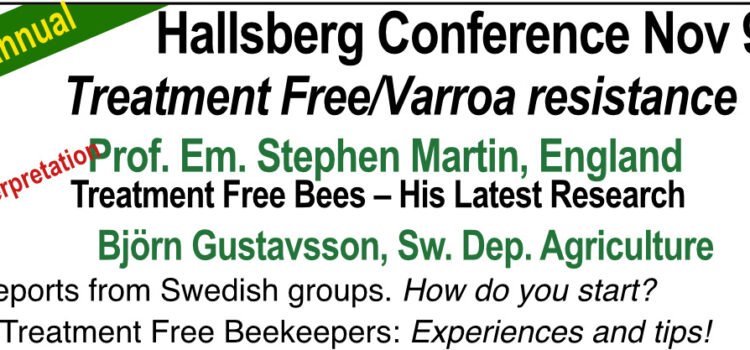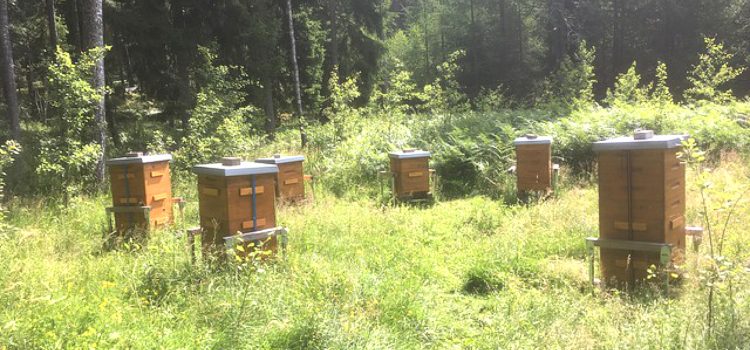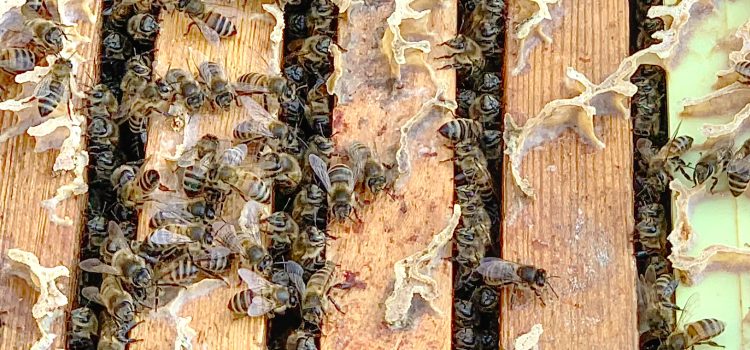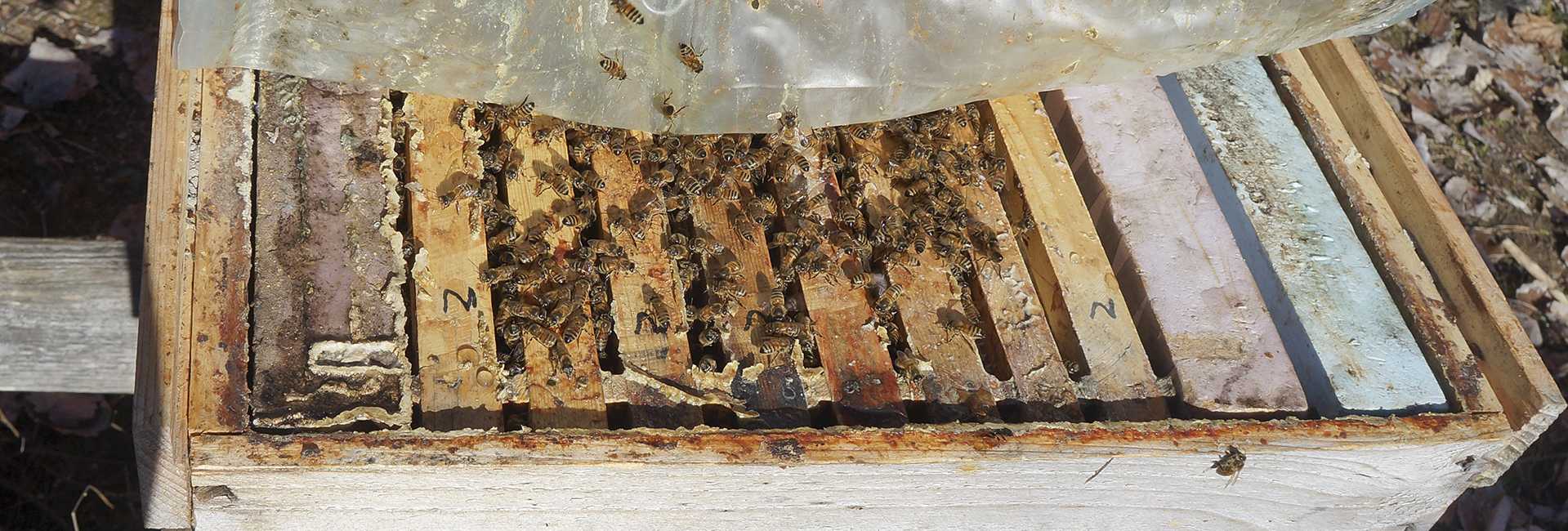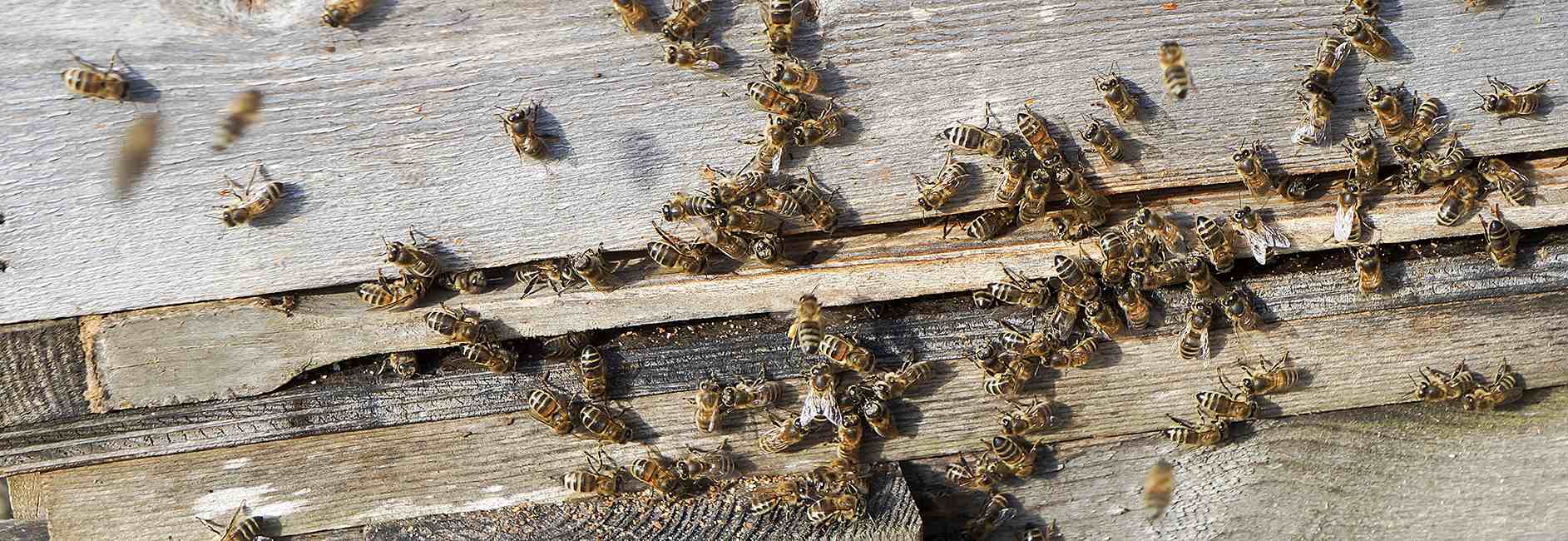Hallsberg bees in 2024 Hallsberg municipality has many treatment-free bees. In the first emerging center in the municipality, most bee colonies have been treatment-free for many years. The last ones became treatment-free a few years ago. At my center, the
Annual Treatment Free Conference November 9
